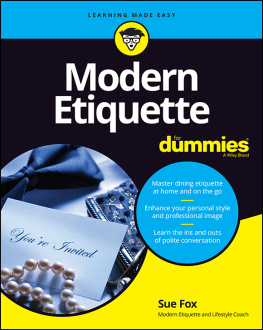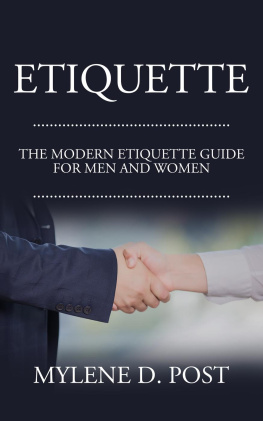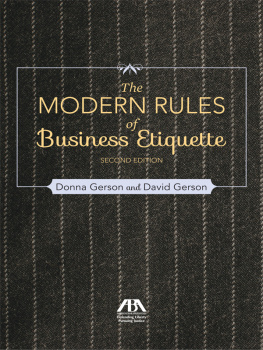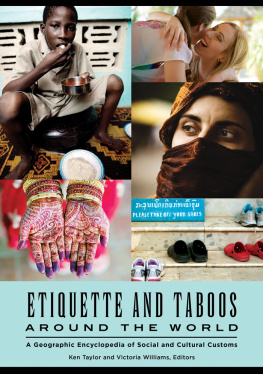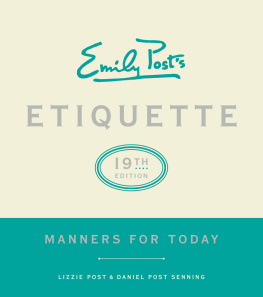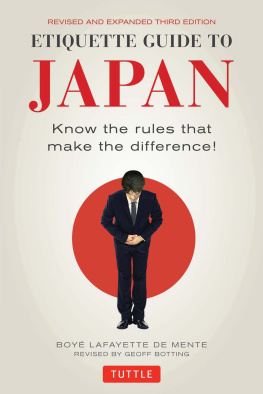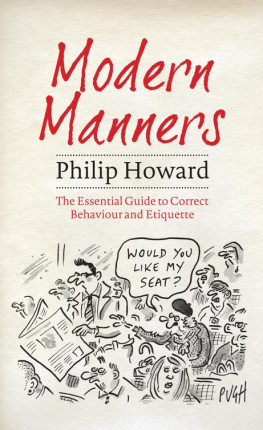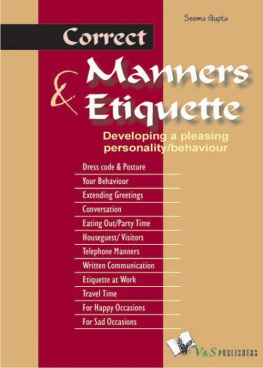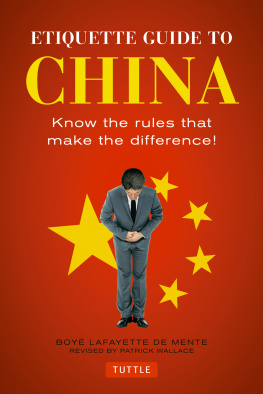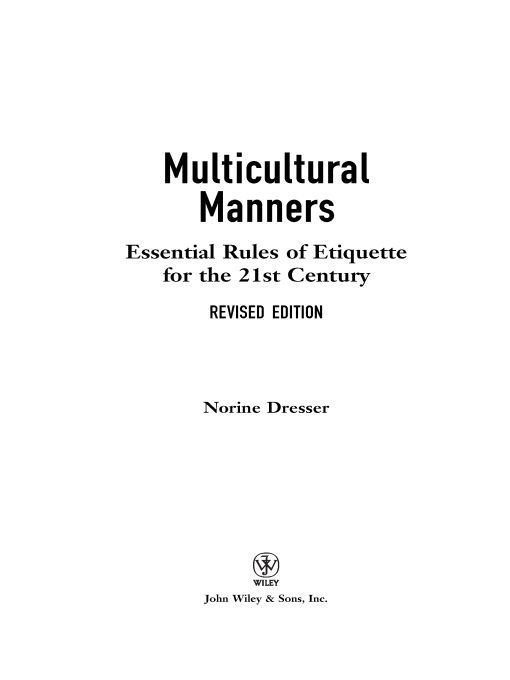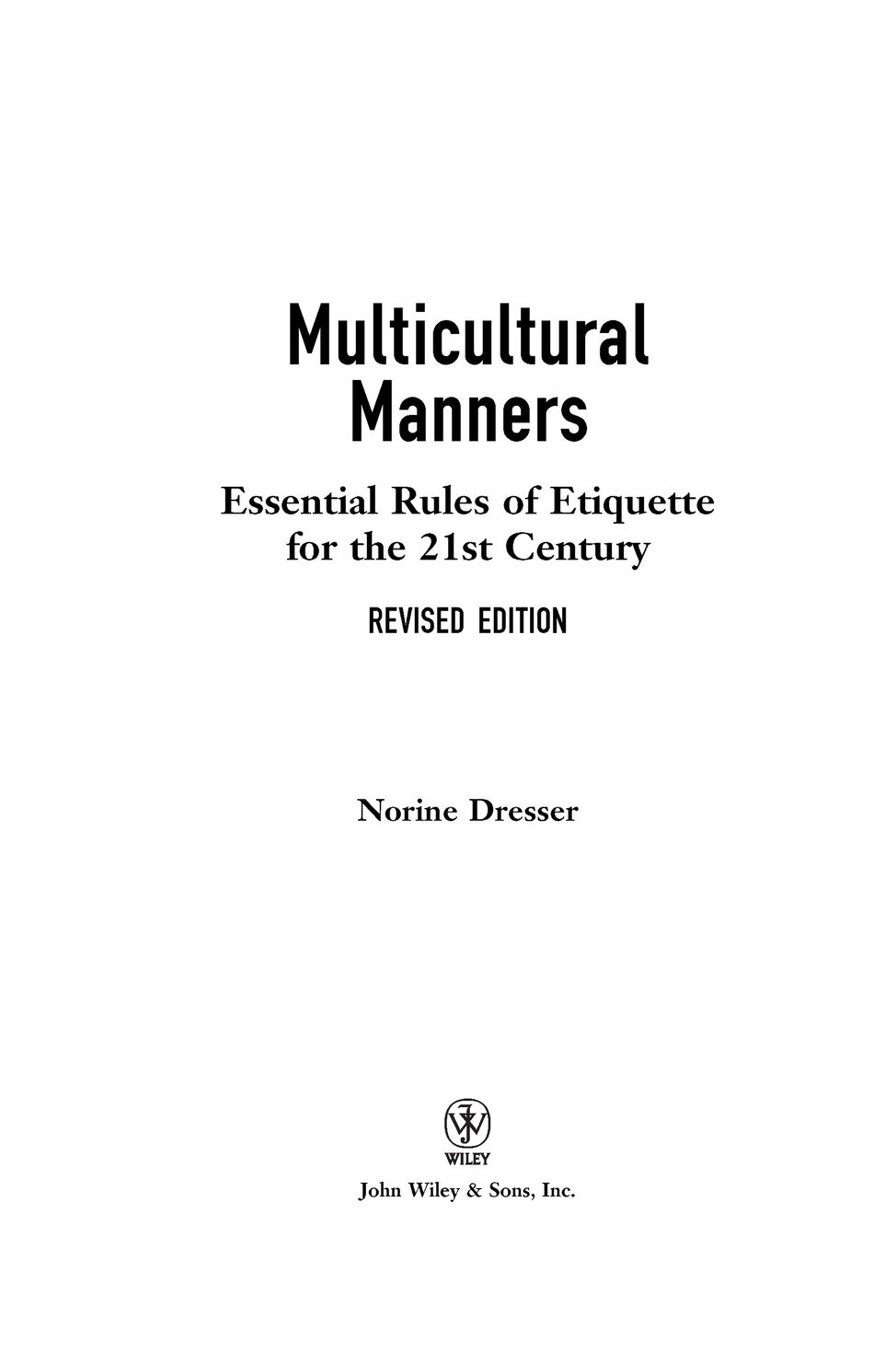Table of Contents
To
El Pueblo de Nuestra Seora La Reina
de
Los Angeles
for providing me with the most exciting journey
without need of passport or luggage.
Acknowledgments
This list is long with names of colleagues, students, friends, relatives, and readers of my Los Angeles Times column, in short, all those folks who gave me wonderful stories for this book or reactions to particular issues. I thank you all:
Elizabeth Adams, Ph.D.; Jesus R. Aguillon; Chelo Alvarez; Navneet S. Arora; John Aventino; Ana Balzer; Abot Bensusan; Andrea Berne, R.N.; Sharon Birnkrant; Betty Blair; Linda Burns Bolton, Ph.D., Director of Nursing Education, Cedars-Sinai Medical Center, Los Angeles; Stephen V. Bomse; LuAnn Boylan; Judy Bravard; Milada Broukal; Lise Buranen; Darcel Linh Cao; Amy Catlin, Ph.D.; Susan Daniels; Esther De Haro; Sgt. Mark Dallezotte, San Diego Police Department; Linh M. Diep; Shirlee Dresser; Hoa Duong; Minh Duc; Isabel Elac; Robin Evanchuk, Ph.D.; Susan Fein; Terry Flores; Ysamur Flores-Pea, Ph.D.; Natalie Flyer; Kathleen Flynn, Ph.D.; Yvonne Freeman; Frank Heron of the Syracuse (NY) Herald Journal; Yolanda Galvan; William L. Garrett; Julia Gavilanes; Jeanne Gee; Mary Georges; Ingo Giani; Clarice Gillis; Sandy Glickman; Dale Gluckman; Lorenzo Gonzalez; Lin Griffith; Anahid Grigorian; Nelson Gutierrez; Alice Thuc Ha; Janice Nghi Nha Ha; Stephanie Hang; Jayasri Hart, Ph.D.; Judith Haut, Ph.D.; Alan Hedman, Ph.D.; Carole and Isaac Haile Selassie; Officer Abdiweli Heibeh, San Diego Police Department; Jeff K. H. Hsu; Detective Paul Jean-Louis, Miami-Dade Police Department; Marjorie Keyes, R.N.; Ann Kiuchi; Venida Korda; Carolyn Krueger; John Kusmiss, Ph.D.; Han Lam; Ceci Ledezma; Kuang-Hua Liu; Ada Lopez; Emma Louie; Letty Maravilla; Roobina Markarbabrood; Joanne Marshall; Richard E. Marshall; Mika Matsui; Quinn McDonald; Rabbi Levi Meier, Cedars-Sinai Medical Center, Los Angeles; Doug Metz; Robert A. Miller; Rosa Montes De Oca; Vivian Moore; Patricia Morales; Anna Mara Wong Mota; Than Ha Nguyen; Raihana Niazi; Seung-Young Oh; Michi Okano; Nanelle Oropez; June Parris-Miller; Alberto Perez; Joel T. Pham; Tony Phuong; Sheila M. Pickwell, Ph.D., CFNP; Brin Pime; Dorothy Pittel; Morris Polan; Patrick Polk, Ph.D.; Bunny Rabiroff; Buddy Roberts; Malcolm Roberts; Alice Roy, Ph.D.; Arpi Sarafian, Ph.D.; Richard Seltzer; Dong-Jin Seo; Kathy Shannon; Stan Sherer; Linda Wong Smith, President, the Chinese Historical Society of Southern California; Mark Stehle; Bill Sterling; Theresa Sterling; Yale Strom; Edward Sun; Frances Tally, Ph.D., and the UCLA Archive of Popular Beliefs and Superstitions; Satoshi Tanaka; Rosemarie Taylor, R.N., North Dade County Florida Health Center; Leilei Thein; Teresa Toribio; Linh Tran; Tai Truong; Lucia van Ruiten; Scarlet Vartanian; Celn Vasquez; Marie Vester; Denh Voong; Alan Voun; Jennifer Warren; Sammy Tone-Kei White; Christiana Wise; Dolores Wong; Pat Wong; Tong Yin; Wilhelmina Ramos York; Fay Zachary; Magda Zelinska-Ferl, Ph.D.
Special words of gratitude go to my medical consultants and dear friends Karl Seligman, M.D.; and Rachel Spector, R.N., Ph.D. I am also fortunate to have other knowledgeable buddies on whom I depend: Virginia Crane; Marilyn Elkins, Ph.D.; and Montserrat Fontes. Their consultations and checking of the manuscript often rescued me from myself. Jan Steward gets a special nod for being the ever-present voice on the other end of the phone line (for over 50 years), to discuss myriad issues. Cheryl Rilly and Janice Garey were there for me, too, offering ideas and support. Additionally, Phyllis Roberts, graphic artist, receives my applause for her wonderful map. I am indebted to all of you.
And what would I do without the family? I pay tribute to Harold, sweetheart of a husband, eager to make a last-minute library trip or to bring in take-out dinners; to the kids, Mark, Carol, Andrea, Amy, Julio, and Leilasuppliers of leads, anecdotes, and advice; to my brother Mickey, who jumps in to assist no matter what the venture.
Heres a toast to Sheree Bykofsky, capable agent and enthusiastic ally, alongside her terrific associates, Janet Rosen and Megan Buckley. Thanks also to Tom Miller, executive editor at John Wiley & Sons, who encouraged me to write this second edition. And a special note of appreciation goes to editor Teryn Johnson, who patiently dealt with my time compulsions and responded ably and quickly to my concerns.
To everyone: gracias, danke, merci, arigato.
Introduction
Introduction to the Revised Edition
While in a hospital cafeteria, I looked for tea to go with my sandwich. I tapped the shoulder of a man standing in front of me in the checkout line. Excuse me. Can you please tell me where the tea is?
He wheeled around. He was Chinese and clearly offended by my question. Emphatically he answered, I dont drink tea.
I felt embarrassed. Of course, by only seeing his back I had no clue that he was Chinese. By asking him about tea it seemed as if I was making a stereotypical assumption about his foodways. Obviously, that irritated him. Despite my innocence, I felt guilty. What irony! Im supposed to have heightened sensitivity about avoiding cross-cultural blunders, but in this situation nothing could rescue me.
Nonetheless, as important as it is to be cross-culturally savvy, equally important is the ability to laugh at oneself. Blunders dont have to turn into world wars. As long as we maintain a sense of humor, mistakes may even serve to strengthen bonds, as they did in the following situation.
I arranged to interview a Hmong family for my Multicultural Celebrations book. I had read that they remove their shoes indoors, and when I arrived at their home I saw a pile of shoes outside the front door. Feeling smug about having prepared for the visit, I took off my sandals. Lia stood at the door protesting that it was unnecessary, but I wanted to show her I knew about Hmong customs. To my chagrin, when I entered her living room filled with family, no one was barefoot except me. They thought it was comical. I did, too.
I was also able to turn it around and make fun of myself, breaking the ice as I interviewed them about Hmong weddings.
How Is Multicultural Manners, Revised Edition, the Same as the First Edition?
Basically, this is still a how-to bookhow to get along with others who are culturally different. As before, it is not targeted just to those who travel or conduct international business. Cultural information has many applications: To help interact more effectively with new populations from East Africa, the San Diego Police Department has created a videotape for officers about the customs and folkways of these recent residents; the U.S. Marine Corps offers cultural information to its occupational forces in Iraq, counseling them on dos and donts for their own safety and to increase rapport with the locals. Moreover, Lt. Col. Michael T. Mahoney, the U.S. Army commanding officer of Forward Operating Base Thunder in Iraq, has worked hard to absorb Iraqi customs and etiquette. His motivation? To win the peace.
So, my goal is still to demystify the behaviors of people of different cultural backgrounds. Holocausts and ethnic cleansings are monstrous results of people who refuse to accept those unlike themselves in religious practice, language, or color. Instead, Id like to increase appreciation for all peoples and emphasize that showing respect for differences usually creates respect in return.


